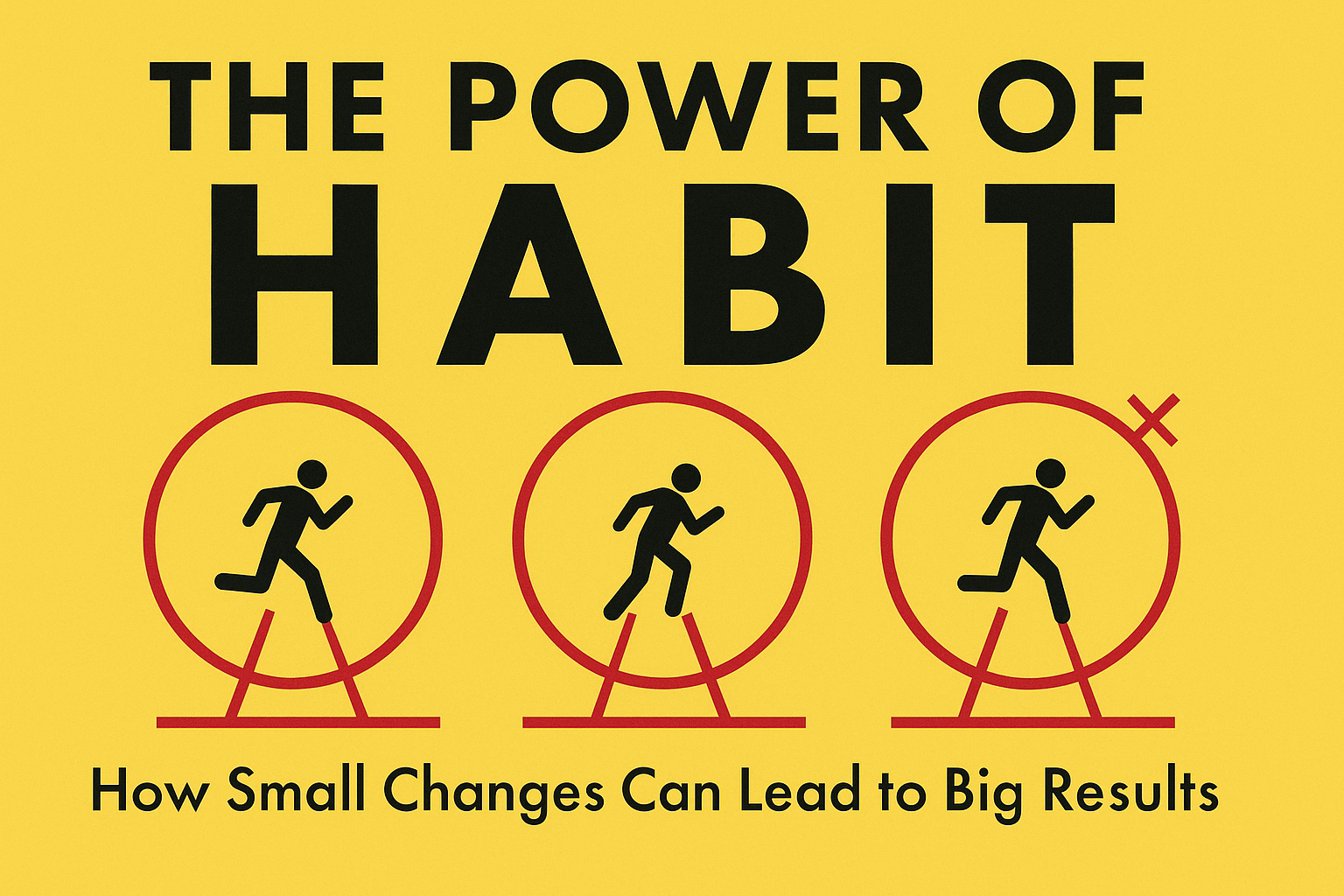
The benefits of mindfulness are vast and profound, ranging from improved mental health to better physical well-being. As a practice rooted in ancient meditation traditions, mindfulness encourages living fully in the present moment without judgment. By embracing mindfulness, individuals can experience reduced stress, enhanced focus, emotional balance, and much more. In this article, we’ll explore how mindfulness can enhance your life and well-being in multiple ways.
What is Mindfulness?
At its core, mindfulness is the practice of paying attention to the present moment with an open, non-judgmental attitude. It involves observing thoughts, feelings, bodily sensations, and the surrounding environment without trying to change or judge them. By cultivating this awareness, individuals can break free from the cycle of reactive thinking that often leads to stress and anxiety.
While mindfulness is most commonly practiced through meditation, it can also be incorporated into daily activities, such as walking, eating, or even washing dishes. The essence of mindfulness lies in bringing full attention to whatever you are doing at any given time.
7 Powerful Benefits of Mindfulness for Mental and Physical Well-being
1. Stress Reduction
One of the most widely recognized benefits of mindfulness is its ability to reduce stress. In our fast-paced world, stress has become a significant concern for mental and physical health. Mindfulness helps individuals become more aware of their stress triggers, allowing them to respond in a calm and controlled manner rather than reacting impulsively.
Several studies have shown that mindfulness-based practices can lower levels of the stress hormone cortisol. This leads to a more relaxed state and an increased ability to manage difficult situations. By observing stress without judgment, individuals are better equipped to detach from anxious thoughts and emotions, ultimately leading to a sense of peace and tranquility.
2. Improved Mental Health
Mindfulness has been shown to be effective in managing mental health conditions such as depression, anxiety, and PTSD. By promoting non-judgmental awareness, mindfulness helps break the cycle of negative thinking that contributes to these conditions. For example, individuals with depression often ruminate on negative thoughts, reinforcing feelings of sadness. Mindfulness teaches them to observe these thoughts without becoming entangled in them.
Incorporating mindfulness into therapy, particularly in mindfulness-based cognitive therapy (MBCT), has helped many individuals manage their mental health. Regular practice can create new patterns of thought that are more positive and less reactive to stressors.
3. Enhanced Focus and Concentration
Mindfulness practice encourages a high level of concentration on the present moment, which can improve overall focus. This is especially beneficial in today’s world, where distractions are constant and attention spans are often short. By training the mind to focus on a single task, mindfulness enhances attention and cognitive control, leading to greater productivity.
Research has found that mindfulness meditation can increase the density of gray matter in the brain, particularly in areas responsible for attention and executive function. This means that regular practice of mindfulness can result in long-term improvements in concentration and cognitive flexibility.
4. Better Emotional Regulation
Mindfulness helps people develop greater emotional awareness, allowing them to better understand and regulate their feelings. By observing emotions without judgment, individuals can recognize emotional triggers and learn to respond in healthier ways.
Mindfulness-based practices foster a non-reactive mindset, which enables individuals to pause before reacting emotionally. This is particularly beneficial in challenging situations, where emotional responses can sometimes be disproportionate or harmful. Over time, mindfulness helps to build emotional resilience, improving relationships and promoting a more balanced emotional state.
5. Physical Health Benefits
The benefits of mindfulness extend beyond the mind and emotions. There is growing evidence to suggest that mindfulness can also have a positive impact on physical health. Mindfulness has been linked to lower blood pressure, reduced inflammation, improved immune function, and better sleep quality.
By reducing stress and promoting relaxation, mindfulness can alleviate physical symptoms of tension, such as headaches and muscle pain. Additionally, mindfulness can improve one’s overall sense of well-being by encouraging healthier lifestyle choices, such as more balanced eating habits and regular exercise.
6. Increased Compassion and Empathy
Mindfulness helps individuals cultivate a deeper sense of empathy and compassion for both themselves and others. By observing our thoughts and feelings without judgment, we develop a greater understanding of our own struggles. This can lead to a more compassionate and non-critical attitude toward ourselves, which is essential for mental well-being.
Mindfulness practices also extend to loving-kindness meditation, which encourages participants to direct positive and compassionate thoughts toward others. This can enhance relationships and foster a sense of interconnectedness, promoting a more compassionate and harmonious society.
7. Improved Relationships
Mindfulness can lead to healthier and more fulfilling relationships. By practicing mindfulness, individuals become better listeners, more patient, and less reactive in their interactions. They are more present in conversations, offering their full attention without distractions. This can help build stronger, more supportive connections with others.
Additionally, mindfulness helps individuals manage conflict in a constructive manner. By remaining calm and non-judgmental during disagreements, people are better equipped to find common ground and reach peaceful resolutions.
Conclusion
Mindfulness is a powerful practice with the potential to transform one’s life. By promoting awareness, acceptance, and presence, mindfulness offers a multitude of benefits that enhance mental, emotional, and physical well-being. Whether used to reduce stress, improve focus, foster emotional resilience, or enhance relationships, mindfulness is a tool for living a more balanced and fulfilling life.
As research continues to uncover the many ways in which mindfulness can improve well-being, it is clear that this ancient practice holds profound value in the modern world. Whether you’re just beginning your mindfulness journey or are already a seasoned practitioner, the benefits are clear—mindfulness has the power to create a more mindful, peaceful, and compassionate world.
